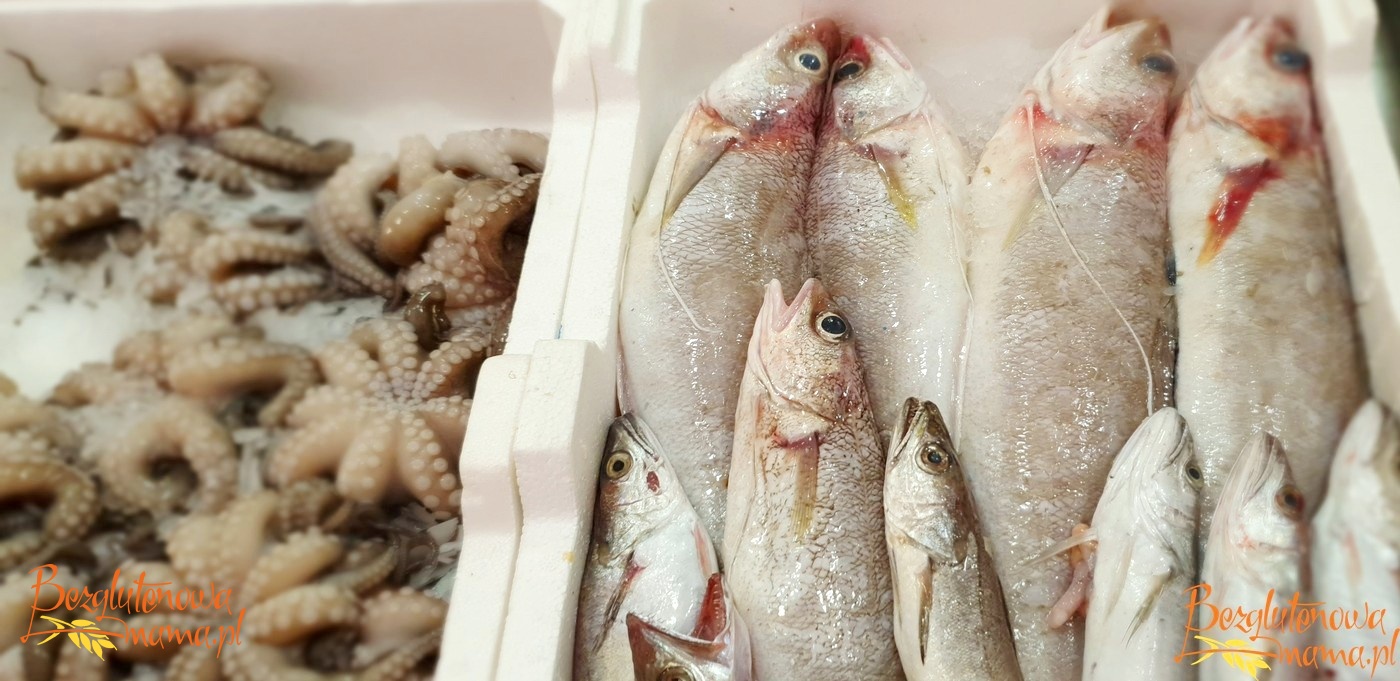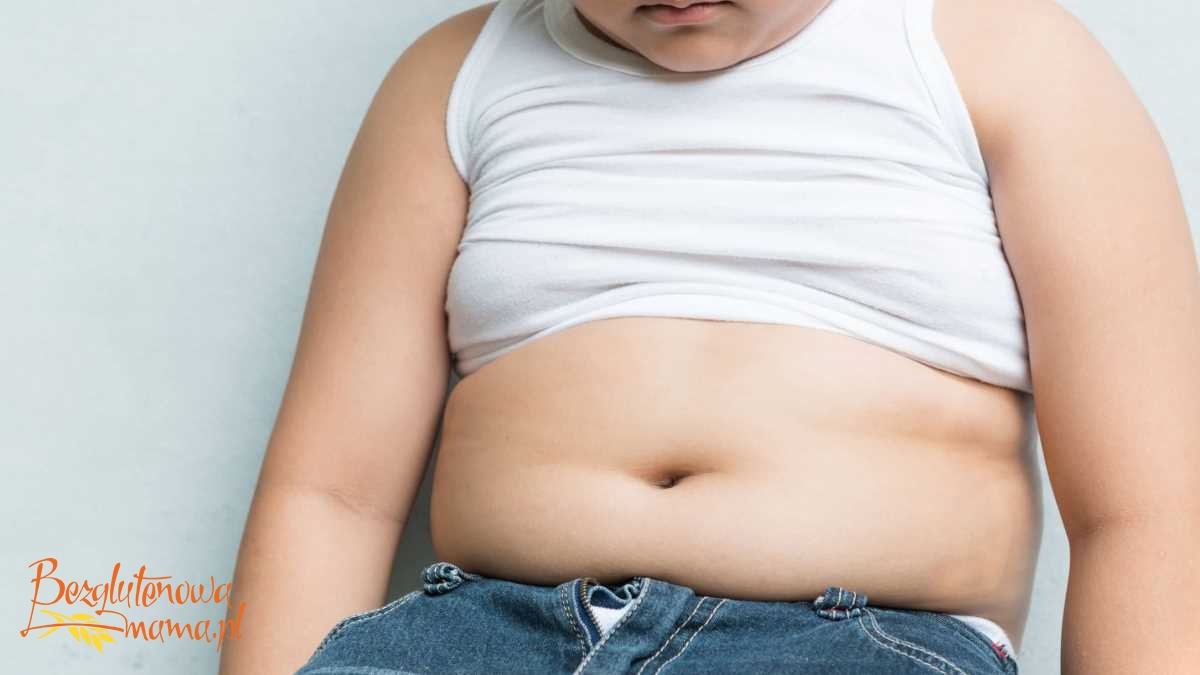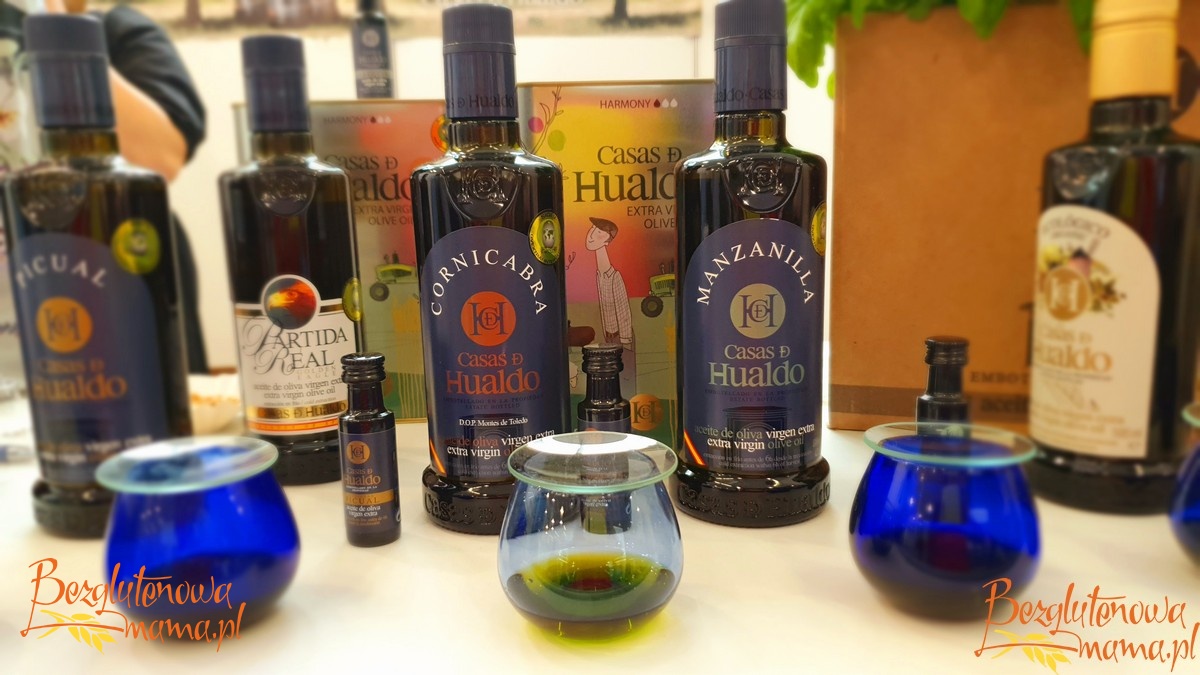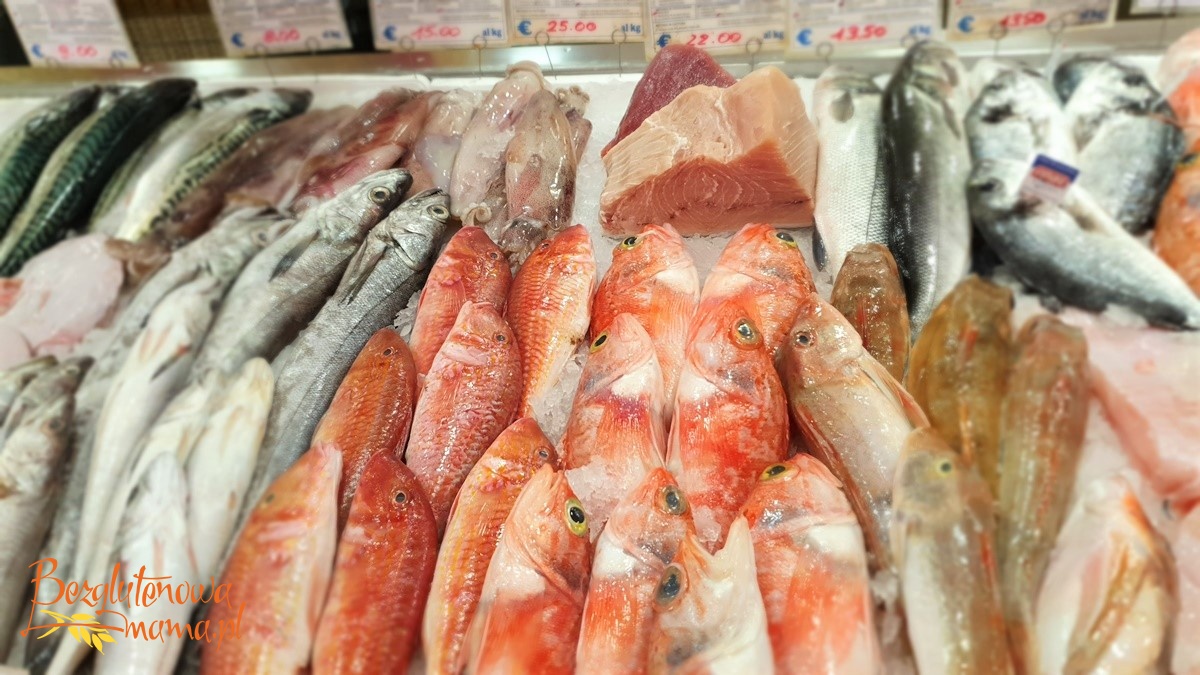Kabbani T.A., Goldberg A., Kelly C.P. i wsp. Body mass index and the risk of obesity in coeliac disease treated with the gluten-free diet. Aliment Pharmacol Ther. 2012; 35(6):723-9
Tortora R., Capone P., De Stefano G. i wsp. Metabolic syndrome in patients with coeliac disease on a gluten-free diet. Aliment Pharmacol Ther. 2015; 41(4):352-9
Reilly N.R., Aguilar K., Hassid B.G. i wsp. Celiac disease in normal-weight and overweight children: clinical features and growth outcomes following a gluten-free diet. J Pediatr Gastroenterol Nutr. 2011; 53(5):528-31
Karlsson T., Rosendahl-Riise H., Dierkes J. Associations between fish intake and the metabolic syndrome and its components among middle-aged men and women: the Hordaland Health Study. Food Nutr Res. 2017 Jul 13;61(1):134747
Skåre J.U., Brantsæter A.L., Frøyland L. i wsp. Benefit-Risk Assessment of Fish and Fish Products in the Norwegian Diet—An Update. Norwegian Scientific Committee for Food Safety (VKM); Oslo, Norway: 2014
Aadland E.K., Lavigne C., Graff I.E. i wsp. Lean-seafood intake reduces cardiovascular lipid risk factors in healthy subjects: Results from a randomized controlled trial with a crossover design. Am. J. Clin. Nutr. 2015;102:582–592
Rosa F., Freitas E., Deminice R., i wsp. Oxidative stress and inflammation in obesity after taurine supplementation: A double-blind, placebo-controlled study. Eur. J. Nutr. 2014;53:823–830. doi: 10.1007/s00394-013-0586-7.
Sun Q., Wang B., Li Y., Sun F. i wsp. Taurine Supplementation Lowers Blood Pressure and Improves Vascular Function in Prehypertension: Randomized, Double-Blind, Placebo-Controlled Study. Hypertension. 2016;67:541–549.
Dunn S.L., Siu W., Freund J., Boutcher S.H. The effect of a lifestyle intervention on metabolic health in young women. Diabetes Metab. Syndr. Obes. Targets Ther. 2014;7:437–444
Lee T.C., Ivester P., Hester A.G., Sergeant S., Case L.D., Morgan T., Kouba E.O., Chilton F.H. The impact of polyunsaturated fatty acid-based dietary supplements on disease biomarkers in a metabolic syndrome/diabetes population. Lipids Health Dis. 2014;13:196.
Pedersen M.H., Molgaard C., Hellgren L.I., Lauritzen L. Effects of fish oil supplementation on markers of the metabolic syndrome. J. Pediatr. 2010;157:395–400.
Saravanan P., Davidson N.C., Schmidt E.B., Calder P.C. Cardiovascular effects of marine omega-3 fatty acids. Lancet. 2010;376:540–550.
Lehmann U., Gjessing H.R., Hirche F., Mueller-Belecke A., Gudbrandsen O.A., Ueland P.M., Mellgren G., Lauritzen L., Lindqvist H., Hansen A.L., et al. Efficacy of fish intake on vitamin D status: A meta-analysis of randomized controlled trials. Am. J. Clin. Nutr. 2015;102:837–847.
De Roos B., Sneddon A.A., Sprague M., Horgan G.W., Brouwer I.A. The potential impact of compositional changes in farmed fish on its health-giving properties: Is it time to reconsider current dietary recommendations? Public Health Nutr. 2017;20:2042–2049
Schmitt E.B., Nahas-Neto J., Bueloni-Dias F., Poloni P.F., Orsatti C.L., Petri Nahas E.A. Vitamin D deficiency is associated with metabolic syndrome in postmenopausal women. Maturitas. 2018;107:97–102. doi: 10.1016/j.maturitas.2017.10.011.
Schomburg L., Köhrle J., Diamond A.M. On the importance of selenium and iodine metabolism for thyroid hormone biosynthesis and human health. Mol. Nutr. Food Res. 2008;52:1235–1246.
World Health Organization. Food and Agriculture Organization of the United Nations . Vitamin & Mineral Requirements in Human Nutrition. World Health Organization; Geneva, Switzerland: 2004.
Reinehr T. Obesity and thyroid function. Mol. Cell. Endocrinol. 2010;316:165–171
 Blog
Blog
















KOMENTARZE